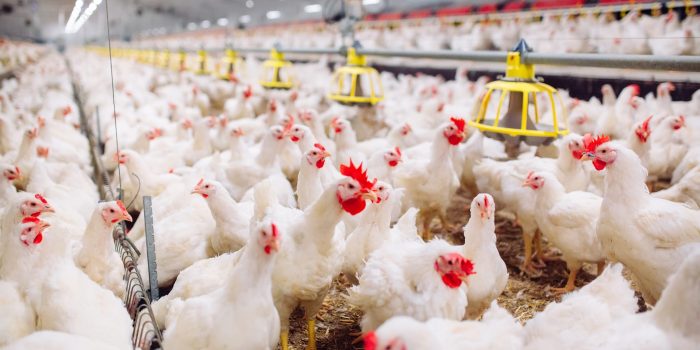A deal for the sale of a North Queensland roadhouse documented only by a brief email exchange and expressed to be “subject to contract”, has been upheld notwithstanding the objections of the seller who contended no final agreement was reached.

After a site inspection, United Petroleum’s Martin Hurry asked Colliers’ Jay Beattie on 30 October to notify the seller’s terms so that he could get authority to make a formal offer.
That day, Beattie notified Hurry by email the asking price of S1.6 mil plus stock and specified a 5% deposit, a 60 day settlement and a 40 day due diligence period to investigate environmental issues and plant & equipment.
A draft contract including a list of special conditions was attached to the email. The special conditions provided that REIQ 2nd edition standard commercial conditions applied and that “the purchaser will cause its directors and shareholders to execute the annexed personal guarantee”.
The following day Hurry phoned Beattie to say that UP was a buyer and that “the contract would be generally on the terms” of his previous day’s email.
In response to Beattie’s request that the offer be put in writing, Hurry promptly emailed to confirm an offer of $1.6 mil “subject to contract and due diligence as previously discussed”, and requesting immediate acceptance with a view to exchanging contracts “next Monday”.
Within the hour, NQF’s Drew Kellahan emailed to all parties that it “accepted the below offer which we understand will be subject to execution of the contract provided (with agreed amendments) on Monday”.
On 3 November UP’s solicitor submitted a contract encompassing all agreed terms but omitting any provision for the directors/shareholders personal guarantee.
Unbeknown to UP, NQF was at the same time negotiating with another party who had about then submitted a higher offer.
Relying on the absence of the guarantee in the latest draft contract, the seller notified through Colliers it was terminating negotiations with UP.
UP contended a concluded agreement had been reached and commenced proceedings in the Supreme Court to compel the sale.
Justice Glenn Martin concluded from the 31 October offer and acceptance email exchange (and the surrounding phone conversations) that the parties had intended to be immediately bound regardless of the stipulation that they required a formal contract to be documented.
The judge did not accept that the draft contract supplied in the Colliers email the day before the offer and acceptance was anything more than a “condition subsequent”. In any event there the parties were in consensus on the pleadings that the execution of personal guarantees was not an agreement pre-condition.
He also ruled that the simultaneous negotiations with another party “gives the lie to the assertion by the seller that there were further steps to be taken before there could be a concluded contract with the plaintiffs. The defendant was attempting to play one purchaser off against another in order to increase the purchase price.”
The emailse satisfied – in the court’s view – the requirements that a contract for land be evidenced by “some memorandum or note of the contract in writing”.
The seller however contended that neither the offer nor the acceptance email were “signed by the party to be charged” as required.
To counter that suggestion, the buyers argued Electronic Transactions (Queensland) Act s 14 validated Kellahan’s signature because the “method used to identify [Kellahan] indicates that person’s intention in relation to the information communicated”.
Kellahan’s acceptance email had clearly been sufficiently “signed” by an authorised person – given earlier conversations and subsequent conduct established he had appropriate authority on behalf of NQF.
Finally – so ruled court in Friday’s judgment – the seller could not plausibly contend that it had not consented to communication by email when its agent Colliers had communicated with the buyer by that means and email exchanges between them followed.
Stellard Pty Ltd & Anor v North Queensland Fuel Pty Ltd [2015] QSC 119 Martin J 15/05/2015





